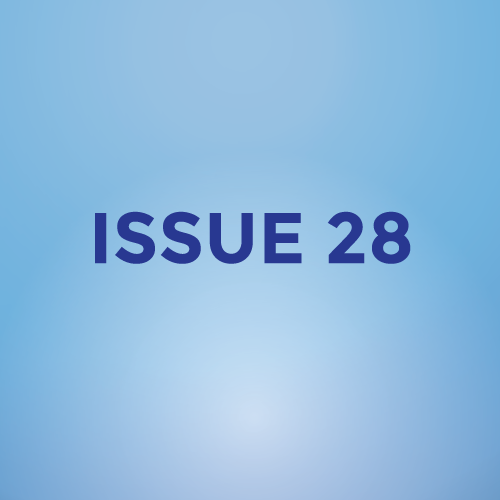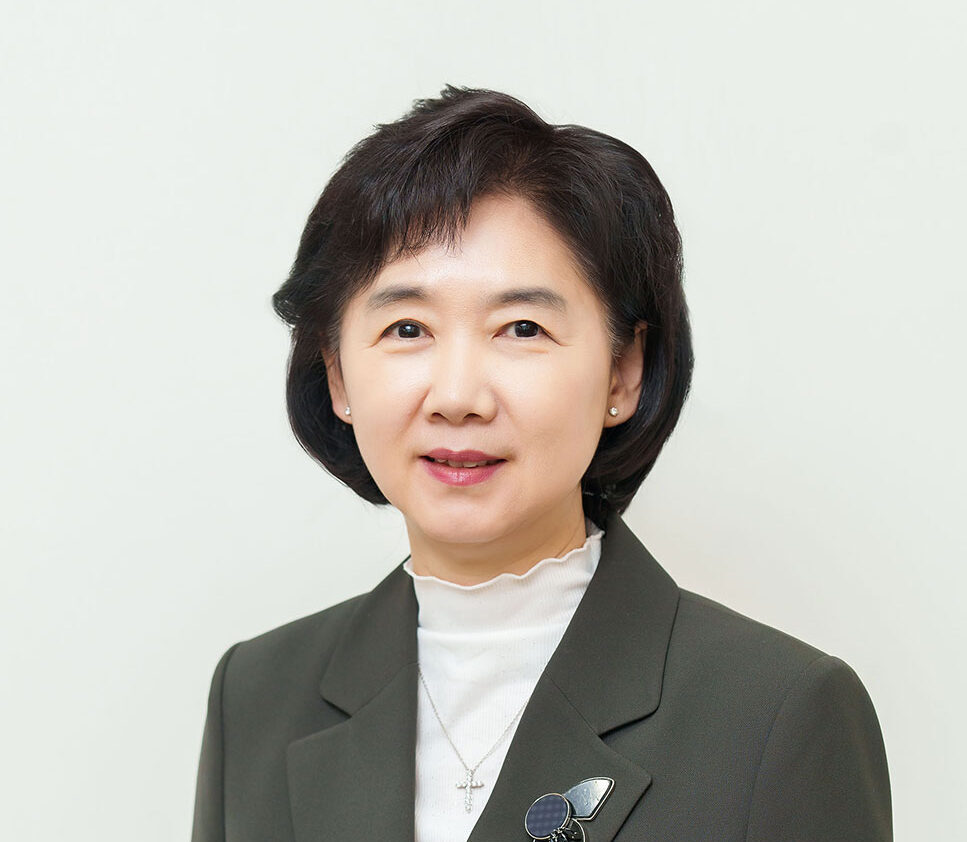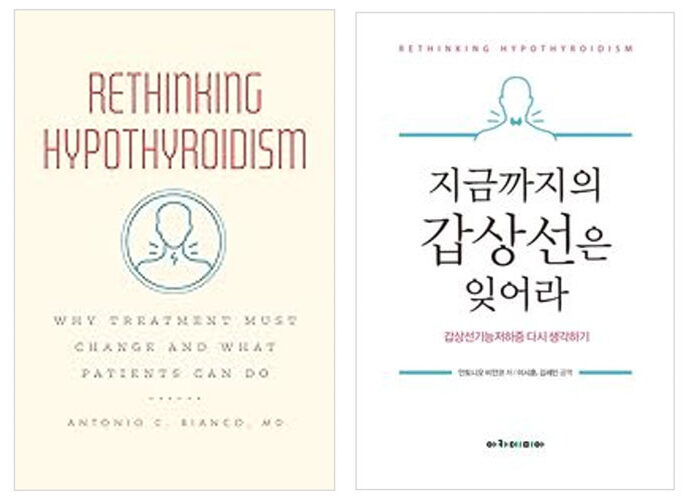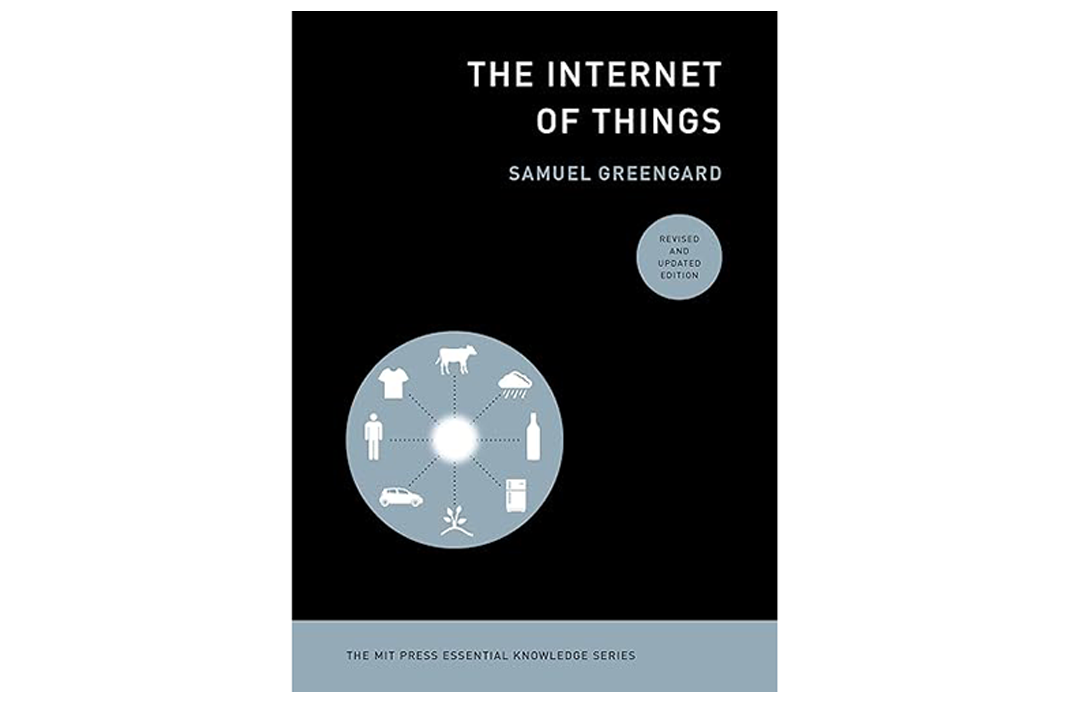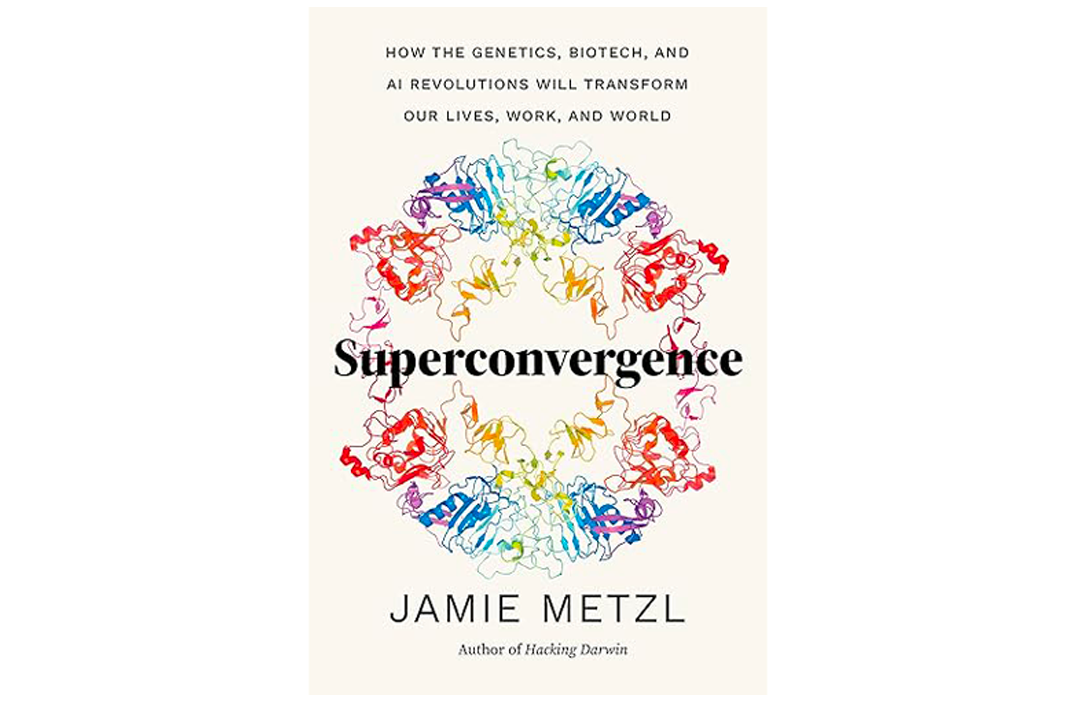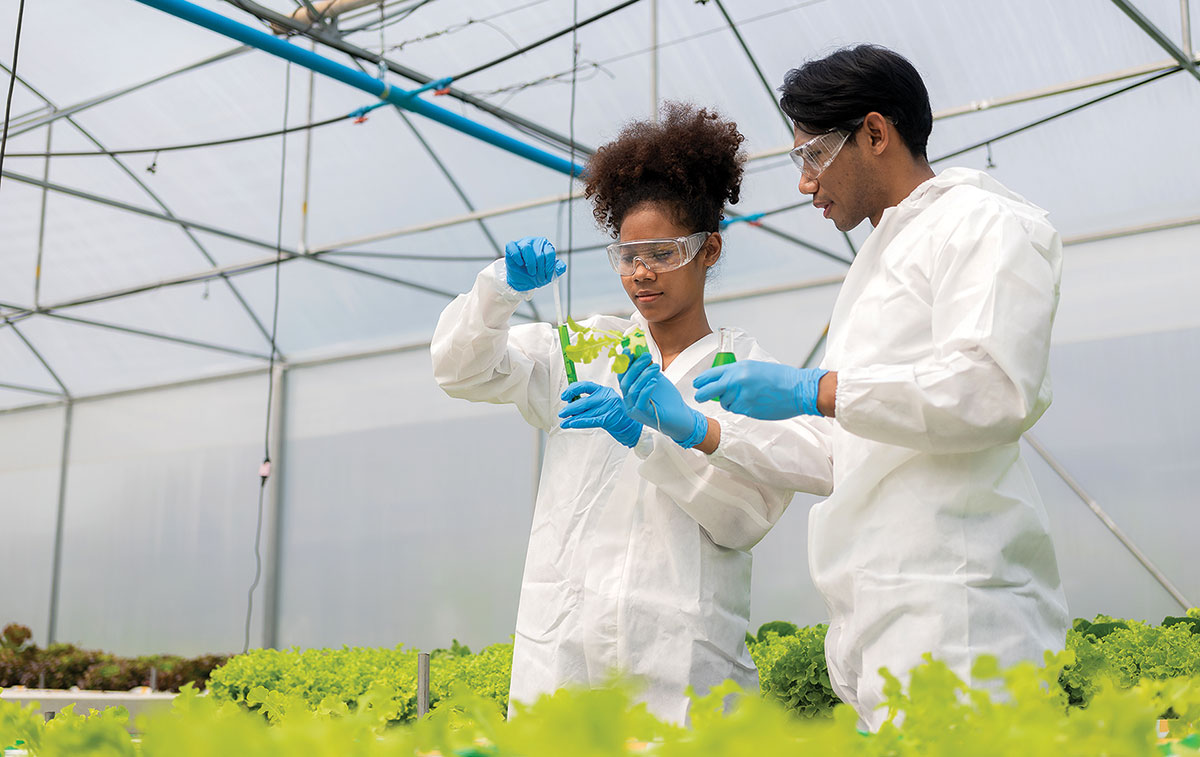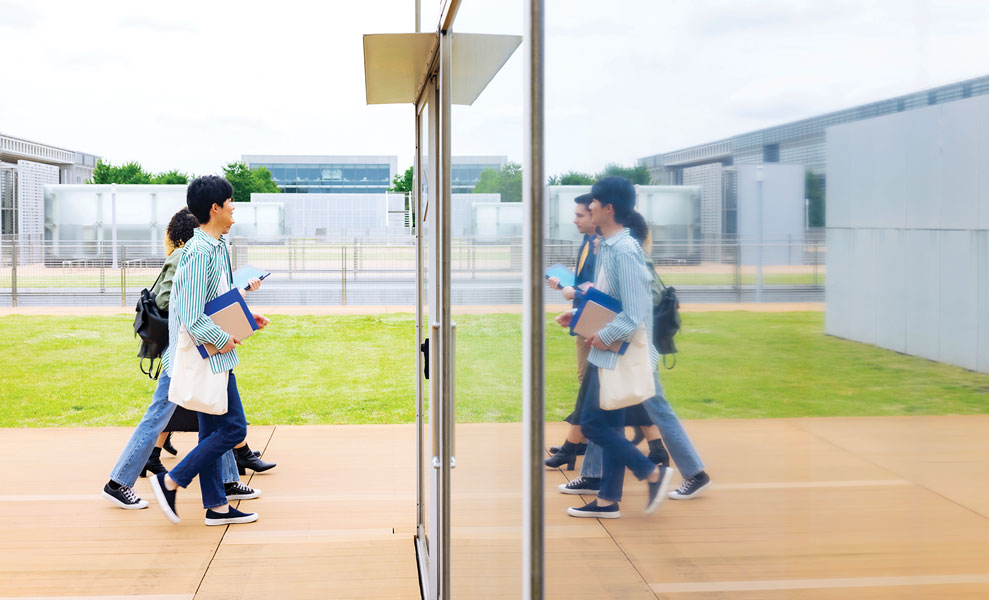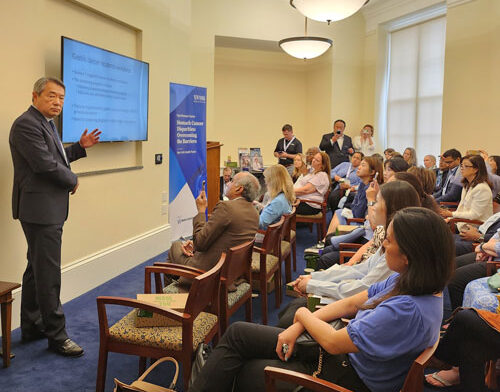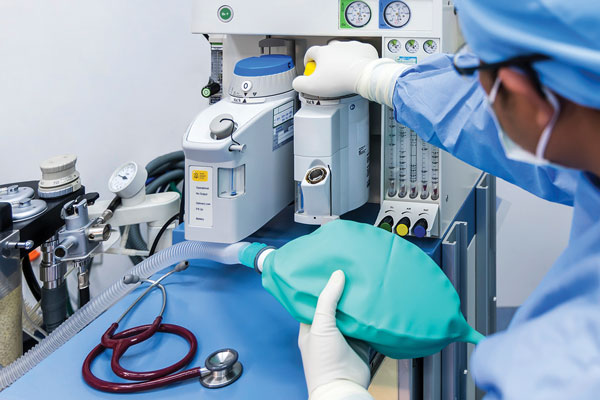- April 1, 2024
Kyoung Ryul Lee, MD, PhD, CEO of the SCL Group, Seoul Clinical Laboratory, a Specialist in Laboratory Medicine
Kyoung Ryul Lee, MD, PhD, CEO of the SCL Group, Seoul Clinical Laboratory, a Specialist in Laboratory Medicine What motivated your decision to attend medical school and become a physician? Could you share some particularly
- August 5, 2024
ISSUE 28
FROM THE PUBLISHER W elcome to the 28th edition of the World Asian Medical Journal. This issue encompasses a captivating cover story featuring an interview with Dr. Huang, a distinguished medical professional whose journey from
- August 5, 2024
Youngmee Jee, MD, PhD | Inspirational Asian Healthcare Leader
INSPIRATIONAL ASIAN HEALTHCARE LEADER Youngmee Jee, MD, PhD Commissioner of Korea Disease Control and Prevention Agency INTERVIEW 01 Tell us how you decided to pursue a career in medicine. How did you choose your specialty?
- September 21, 2024
Rethinking Hypothyroidism
Rethinking Hypothyroidism: Why Treatment Must Change and What Patients Can Do Author: Antonio C. Bianco, MD Translated by: Semin Kim, MD & Sihoon Lee, MD About the book “Rethinking Hypothyroidism” The limitations of current
- October 1, 2024
The Internet of Things (Revision 2021)
Purchase LinkThe Internet of Things (Revision 2021) Author: Sam Greengard We turn on the lights in our house from a desk in an office miles away. Our refrigerator alerts us to buy milk on the
- October 1, 2024
Superconvergence
Purchase LinkSuperconvergence Author: Jamie Metzl In Superconvergence, leading futurist and OneShared World founder Jamie Metzl explores how artificial intelligence, genome sequencing, gene editing, and other revolutionary technologies are transforming our lives, world, and future. These
- October 12, 2024
The Strategic Importance of Location in the U.S. for Foreign Bio and Pharma Companies
The Strategic Importance of Location in the U.S. for Foreign Bio and Pharma Companies DoHyun Cho, PhD (CEO, W Medical Strategy Group) The U.S. Market: A Cornerstone of Global Expansion For pharmaceutical and biotech companies,
- October 12, 2024
South Korea’s Healthcare Crisis: Beyond the Numbers
South Korea’s Healthcare Crisis: Beyond the Numbers Dongju Shin, Dong-Jin Shin INTRODUCTION The South Korean healthcare system has recently plunged into a significant crisis following a February 2024 announcement by the government to increase medical
- October 14, 2024
Overcoming Disparities in Gastric Cancer Care
Overcoming Disparities in Gastric Cancer Care Chul S. Hyun, MD, PhD, MPH Gastric Cancer and Prevention Screening Program, Yale School of Medicine, New Haven, CT Gastric cancer is the fifth most common cancer worldwide,
- October 15, 2024
The Global OR – An Introduction to Global Surgery
The Global OR – An Introduction to Global Surgery Kee B. Park, MD, MPH, Dawn Poh, MBBS, MRes Introduction An estimated 5 billion people worldwide lack access to timely, affordable, and safe surgical care, including
- August 5, 2024
- FEATURED
Youngmee Jee, MD, PhD
Commissioner of Korea Disease Control and Prevention Agency
INTERVIEW
01
Tell us how you decided to pursue a career in medicine. How did you choose your specialty?
Many people ask how I chose medicine. I enjoyed science subjects in high school days and I saw medicine as a way to continue exploring science. My high school teachers strongly recommended going to medical school and I followed their advice. After graduating from medical school, I started basic research at the US NIH and continued my research in the field of medical microbiology and virology in the UK. The subject of my PhD dissertation was “hepatitis B virus cellular receptor” a topic I chose because hepatitis B remains a significant issue in Korea and other Asian countries. After obtaining my PhD in hepatitis B virology, I joined the Korea NIH in the Division of Hepatitis and Enteric Viruses where I worked on surveillance and laboratory testing of poliovirus and enterovirus. This role allowed me to collaborate with the WHO’s Expanded Program on Immunization (EPI) in the Western Pacific Regional Office (WPRO). My familiarity with WPRO EPI provided an opportunity for my transition to WPRO in Manila, where I spent eight years working with over 20 countries in the region. In May of this year, I had the pleasure to join the celebration of the 50th Anniversary of EPI during the 77th World Health Assembly in Geneva. As Commissioner of KDCA, I need to oversee all public health areas but the immunization program remains particularly special to me.
02
With over 30 years of experience, undoubtedly, you’ve encountered significant challenges throughout your career. Could you share some of the most formidable obstacles you’ve faced and how you navigated through them?
Reflecting on my public health career, I have faced several key decisions, such as moving to the WHO Western Pacific Regional Office in Manila in 2007, returning to Korea CDC in 2014 and applying to be the CEO of the Institut Pasteur Korea in 2020. I was fortunate to have the full support of my family in making those decisions.
During my first 10 years in Korea NIH (1997-2007) and 5 years in the Korea Disease Control and Prevention Agency (“KCDC”) (2014-2019), I dealt with outbreaks including hepatitis A among hemophilia patients, norovirus among students, MERS in 2015 and hepatitis C in 2015-2016. These challenges strengthened our teamwork and our collaboration with experts in Korea and public health partners, including WHO.
As Commissioner since December 19, 2022, my greatest challenge has been transitioning daily life from the COVID-19 crisis in early 2023. KDCA efficiently managed this transition by collaborating with other ministries, expert groups and committees through the whole-of-government and whole-of-society approach established during COVID-19.
Each outbreak taught us valuable lessons to strengthen preparedness and response capacities for public health crises related to infectious diseases. Especially, our painful experience with the 2015 MERS outbreak in 2015 led to significant improvements in national preparedness and response infrastructure. During the COVID-19 outbreak, KCDC was transitioned to KDCA, strengthening implementation roles in disease control and prevention. I attribute our successes to teamwork, close collaboration with expert groups and data-driven decision making.
03
What are the guiding principles of KDCA, and what is your philosophy behind healthcare policymaking?
Since becoming Commissioner, I have always emphasized “Communication and Collaboration” as core KDCA values. I encouraged all members to engage with expert groups and stakeholders, listen, provide feedback and act proactively. I strive to communicate with KDCA members at all levels as well as key public health partners, scientific communities and media.
Various task force teams including ones for health zoonotic diseases and antimicrobial resistance, tuberculosis, viral hepatitis, HIV and clinical cohorts were formed to share progress and plans regularly.
Recognizing the importance of scientific evidence in public health policies, I created the Department of Science and Data Analysis under my direct leadership in June this year to produce evidence for policymaking. Scientific conferences and forums are also organized to generate timely evidence linking science to policy.
The importance of regional and global cooperation became evident during recent outbreaks such as MERS and COVID-19. As a leading Organization for Economic Cooperation and Development (“OECD”) country in public health, the Korean government established the Global Health Security Coordination Office (“GHSCO”) in December 2023 to share the responsibilities in health emergencies. GHSCO held its first core personnel training course for public health in June, inviting public health staff from the Association of Southeast Asian Nations(“ASEAN”) countries. This initiative aims to enhance public health capacities and prepare for emerging infectious diseases.
04
What are KDCA’s key priorities in enhancing the infectious disease response system in South Korea vs. internationally? How do you assess the COVID-19 pandemic and its impact on public health? Any lessons from your experience of managing the pandemic?
After the MERS outbreak in 2015, Korea rebuilt itself the national system and infrastructure for emerging infectious disease response, establishing the emergency operation center, the laboratory diagnosis and analysis center, and the risk communication team.
In responding to new emerging infectious diseases, early detection is crucial to containing viruses and preventing community transmission through testing, tracing and treatment(“3T”). This national system and infrastructure rebuilt after the MERS outbreak were instrumental during the early phase of the COVID 19 outbreak in 2020. In particular, the newly established Laboratory Diagnosis and Analysis Center immediately acted to set up the COVID-19 laboratory testing for both public and private sectors by early February 2020, well before WHO declared the COVID pandemic on March 11, 2020.
Korea’s early testing efforts and actions minimized community transmission. Almost all COVID-19 cases occurred during the phase of the Omicron variants, which had a much lower mortality rate than the original strain after much of the population was vaccinated with COVID-19 vaccines. Until August 31, 2023, around 35 million cases and 35,000 deaths (0.1% mortality rate, one of the lowest in the world) were officially reported.
Transparency and communication were key to our COVID-19 response. The government provided daily briefings to the public.
The government introduced special entry procedures for travelers, avoiding a complete lockdown, and provided free testing, therapeutics, vaccines, hospitalization cost, sickness benefits and compensation for small businesses. A majority of health care services and program, including immunization, treatment of non-communicable diseases and various health surveys were not so affected.
Five key lessons from COVID-19 include: Strengthening international cooperation, prioritizing vulnerable populations, ensuring equitable access to response measures, maintaining healthcare capacity, and sustaining and scaling up investments. Establishing a collaborative network with WHO and regional collaboration mechanisms are essential for pandemic preparedness. Protecting vulnerable populations should be at the core of pandemic preparedness.
While international cooperation was crucial to bring the pandemic to an early end, the early stages of COVID-19 revealed nationalism-driven competition for vaccines and medical countermeasures. This underscores the need for a globally concerted response, ensuring more equitable access to vaccines, treatments, diagnostics, and other medical countermeasures.
Based on the lessons learned from COVID-19, KDCA established the National Pandemic Preparedness and Response Plan in May 2023 with three goals: securing essential medical countermeasures including vaccines and therapeutics within 100 or 200 days; strengthening and maintaining high-level response capacity for sustainable pandemic management (medical capacity to accommodate 1 million cases per day), and prioritizing vulnerable populations. In addition, we are also preparing for human infection with highly pathogenic avian influenza.
The COVID-19 crisis taught us that no country is safe until all countries are prepared. On the last day of the 77th World Health Assembly 2024, all member states agreed on the International Health Regulation (IHR) amendment affirming our shared responsibilities for global health emergencies. This historic IHR amendment will take effect in one year and all member states should be prepared to implement it.
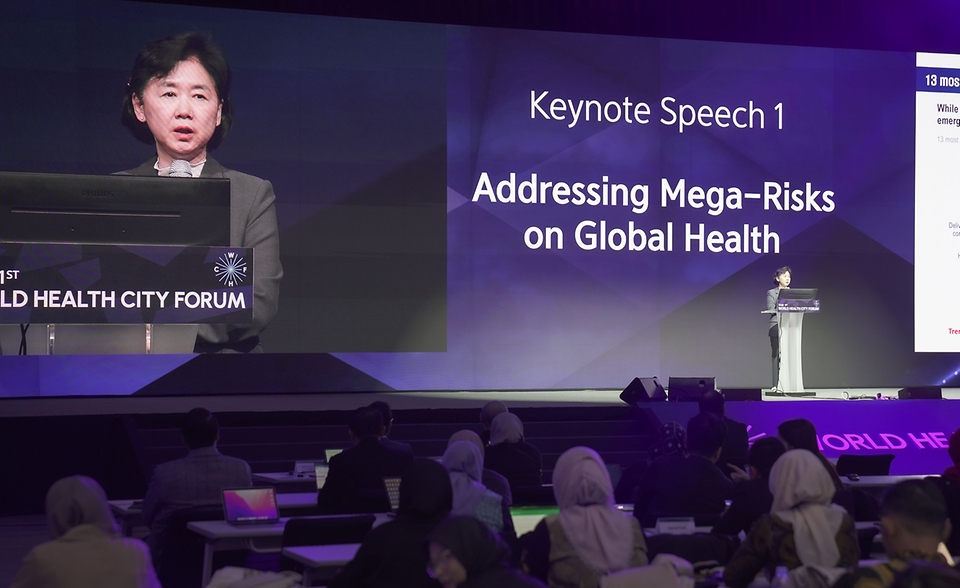
05
You’ve mentioned KDCA’s goal of developing an independent mRNA vaccine by 2027. Give us an overview of the mRNA vaccine development process currently underway and its potential global impact.
Securing an mRNA vaccine platform is a critical pillar of our national pandemic preparedness and response plan. KDCA is preparing a national mRNA vaccine project to support up to phase 3 clinical trials to develop our own COVID-19 mRNA vaccine by 2028. In the first half of 2024, KDCA closely communicated with industry partners to understand the current level of mRNA vaccine technology in Korea. We aim to finalize the mRNA vaccine project plan in the second half of 2024 and hope to initiate it within 2024.
With government support, Japan developed 3 mRNA vaccines during COVID-19 through the Strategic Center of Biomedical Advanced Vaccine Research and Development for Preparedness and Response (“SCARDA”). China also developed its own mRNA vaccine. Securing mRNA vaccine platform would be is essential not only for COVID-19 and other infectious diseases but also for cancer treatment and beyond.
Globally, many countries including those in the Global South are working to build their own manufacturing capabilities. The Korean government has supported low-and middle-inocme countries (“LMICs”) in building manufacturing capacity for vaccines and medicines since 2022.
Once we successfully develop our own mRNA vaccines by 2028, Korea will be better positioned to support LMICs’s mRNA production, contributing to global public health.
06
 Do you have plans to scale KDCA research and policies beyond South Korea? Explain your vision for strengthening global collaborations.
Do you have plans to scale KDCA research and policies beyond South Korea? Explain your vision for strengthening global collaborations.
KDCA’s core function is to create and analyze scientific data to inform policies. I recently established the Department of Science and Data to focus on linking data to policies. We collaborate closely with the UK Health Security Agency and the US CDC on disease modelling and surveillance. We send experts to WHO HQ, WPRO and US CDC in health emergencies. We are also working on designating WHO collaborating centers for health emergencies and NCD surveillance.
Within KDCA, Korea NIH specializes in public health research and strengthening collaborations with US NIH, Denmark’s Statens Serum Institut, the National Institute of Infectious Diseases (“NIID”) Japan, the National Institute of Hygiene and Epidemiology (“NIHE”) Vietnam, the Research Institute fo Tropical Meidicine (“RITM”) Philippines and WHO through joint research and establishing research hubs. Korea NIH hosts one WHO Collaborating Center for One Health antimicobial resistance (“AMR”) research, supporting AMR capacity building in the region including Mongolia.
Through our leadership in WHO-led international healthcare governance, we strive to boost collaboration across fields and sectors to improve global health, respond to pandemics and create a One Health ecosystem.
07
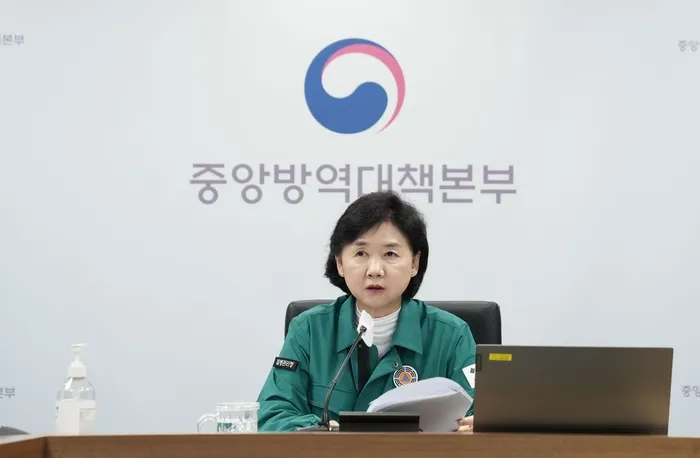
How is South Korea working with the World Health Organization (WHO) to eliminate viral hepatitis?
Korea is exemplary in controlling hepatitis B with the introduction of universal hepatitis B vaccination in 1995 and the prevention of mother-to-infant transmission program in 2002. WHO Western Pacific Region validated Korea for hepatitis B elimination in 2008 based on HBsAg seroprevalence data. For controlling and eliminating hepatitis C, a pilot study of temporarily including hepatitis C antibody testing in the National Health Screening for 56 year-olds was conducted in 2020.
To eliminate viral hepatitis B & C, KDCA announced the 1st National Strategic Plan for Viral Hepatitis B and C in 2023.This plan focuses on establishing a comprehensive hepatitis management system throughout all stages (prevention-diagnosis-treatment), consisting of four core strategies to be implemented over the next five years to eradicate viral hepatitis in Korea. This plan also covers how we can address high risk groups in collaboration with other ministries and agencies.

Based on a hepatitis C (“HCV”) pilot study conducted in 2020, Korea will introduce hepatitis C antibody testing in the National Health Screening for the 56 year-old population within this year. KDCA is working closely with the WHO Western Pacific Region to eliminate viral hepatitis by 2030. As an advisory committee member of regional validation on elimination of mother-to-child transmission of HIV, hepatitis B and syphilis in the Western Pacific Region, I provide support to other member states in the region.
During a UN high level organized by the Coalition for Global Hepatitis Elimniation in September 2023, I participated in a side event of UN Group of Friends to Eliminate Viral Hepatitis. I attended to reaffirm Korea’s commitment to accelerating the effort to fight viral hepatitis by collaborating with WHOm, other global health partners, and other member states to eliminate viral hepatitis by 2030.
08
How would you like to see the Agency grow and evolve in the future?
KDCA is Korea’s central public health agency specializing in scientific evidence-based public health management and healthcare research and development(R&D). We are committed to generating robust evidence and implementing evidence-based policies to protect people from infectious diseases and various health threats including climate change, and to reduce the national disease burden of chronic diseases. This year, we launched a big data platform to integrate infectious disease information, share that information with the public, and facilitate related research.
I believe Korea now has responsibilities to support the Global South. One of my primary goals during my service at KDCA is to actively engage and lead a global health agenda, including pandemic preparedness and a response plan, and fighting antimicrobial resistance, viral hepatitis and tuberculosis.
During the COVID-19 pandemic, Korea was recognized as one of the most successful countries in managing the crisis. Over the past few years, KDCA has increasingly communicated and collaborated to share our experience with other countries including the UK, Singapore, Mongolia, Laos, Philippines, and Vietnam as well as global health partners such as WHO, UNICEF, Global Fund, Gavi, Unitaids, Africa CDC, ASEAN, the Asian Development Bank and the US CDC. KDCA is leading some Official Development Assistance (“ODA”) projects to strengthen public health capacities in Laos and Mongolia and collaborating with ASEAN and the Africa CDC. KDCA will continue to increase Official Development Assistance (“ODA”) activities through the operation of the Global Health Security Coordination Office (“GHSCO”).
One of GHSCO’s priorities is communicating with Global Health Security Agenda (GHSA) member states to identify public health areas needing improvement using 19 evaluation tools from WHO’s Joint External Evaluation (JEE). GHSCO completed its
first pilot project, a core personnel training course for public health officers from 4 ASEAN counties on July 1. Based on feedback from the participants, GHSCO will offer other need-based intensive core personnel training courses to enhance public health capacities and make full efforts to facilitate collaborative endeavors on infectious diseases to promote global health.
I hope that KDCA will evolve into a globally recognized health agency that actively collaborates with countries of the Global South in partnership with international organization and major global health partners.
09
What are some of the merits of pursuing a career in public health? Why is it important to expand and nurture the next generation of healthcare practitioners in the public sector?
Among many paths in public health, being a KDCA member can provide exceptional opportunities to shape and implement national policies while working closely with international organizations including WHO. KDCA members are deeply involved in creating science-based evidence and developing health policies addressing infectious diseases, chronic diseases and various health threats at the national level.
As a KCDC member, I collaborated with the WHO Western Pacific Region to establish AFP surveillance, laboratory testing and analysis for polio in Korea with the aim of achieving global polio eradication from 1997 to 2007. My experience with networking and collaborating with local public health institutes was invaluable for my work in the Expanded Program on Immunization in the WHO Western Pacific region where coordinating and collaborating with member states is a major responsibility.
I hope many young healthcare practitioners will be inspired to shape and implement health policies that impact healthcare practice. KDCA offers numerous opportunities to become public health experts and to make a significant contribution to public health.
Through our leadership in WHO-led international healthcare governance, we strive to boost collaboration across fields and sectors to improve global health, respond to pandemics and create a One Health ecosystem.
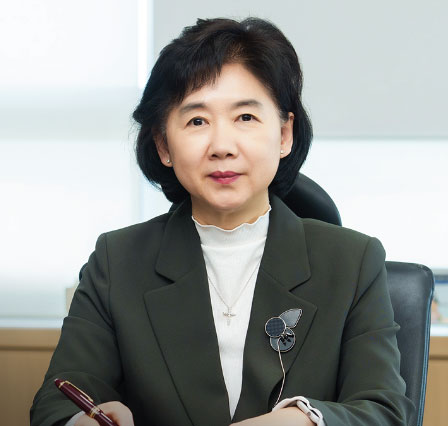
Youngmee Jee, MD, PhD
Commissioner of Korea Disease Control and Prevention Agency
Youngmee Jee, MD, PhD is Special Representative for Health Diplomacy, Korea Foundation and a Visiting Professor at the Graduate School of Public Administration, Seoul National University. Dr Jee has broad experience in collaborating with WHO and international public health partners. Currently, she is a member of the WHO International Health Regulation Emergency Committee on COVID-19 and of the WHO Scientific Advisory Group for the Blueprint on Research and Development Preparedness for Epidemics. From 2014 to 2019, she served as Director-General of the Center for Infectious Disease Research of the Korea Centers for Disease Control and headed the KNIH as Acting Director between January and October 2019. During the MERS-CoV outbreak in 2015, Dr. Jee was a member of the WHO-Korea Joint Mission on MERS-CoV Outbreak in the Republic of Korea, and in 2017 was assigned the role of the National Lead for the WHO IHR Joint External Evaluation (JEE) of the Republic of Korea’s Public Health Emergency Preparedness and Response. She received a President Medal of Distinguished Service in 2017. She has served as a member of various national and international advisory committees, including the WHO Strategic Advisory Group of Experts (SAGE) on Immunization and is currently a member of WHO SAGE Measles Rubella Working Group and of Hepatitis B Expert Resource Panel in the WHO Western Pacific Region. During 2007-2014, Dr Jee worked for the Expanded Programme on Immunization in the WHO Western Pacific Region. She received her M.D. from Seoul National University Medical School (1986), a Diploma in Medical Microbiology (1988) and her Ph.D. in Virology from the University of London (1997).


